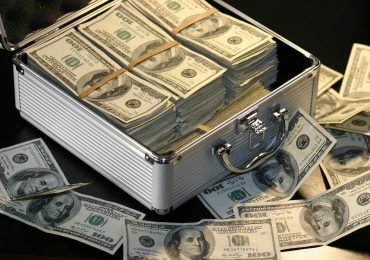For investors, much of the decade since the September 11 attacks seems to have been dominated by an unprecedented slew of troubling macroeconomic issues: terrorism fears, a financial crisis, natural disasters like Hurricane Katrina and the earthquake and tsunami that rocked Japan, to name a few. But such macro events are nothing new, The Wall Street Journal’s Jason Zweig says — and disciplined investors can profit from the perception that they are.
“Sept. 11 and other macro events of the recent past weren’t measurable risks; they were uncertainties,” Zweig writes. “And while the haunting imagery of Sept. 11 may have made investors hypersensitive to the recurrence of disaster — and made earlier years seem placid by comparison — such macro events aren’t unusual at all. They are the historical norm.”
Zweig cites other periods in which investors have been wary of stocks because of macro concerns, like the early 1950s, when the Korean War and Cold War were raging. And he says stock market volatility in the past few years — which many have described as “unprecedented” — isn’t much different than it was in the mid-1970s or the 1930s. “If anything, macro uncertainties may be less worrisome now than they have been for much of the past century,” Zweig says.
Financial advisor William Bernstein, who Zweig quotes, seemed to agree. “Two generations ago, the U.S. endured a global conflict that cost 50 million lives,” Bernstein told Zweig. “The next generation faced down the Soviet Union and its 20,000 nuclear warheads. If you had told Americans then that the U.S. should someday be even more afraid of a handful of jihadis from countries that couldn’t even make their own bicycles, they’d have keeled over laughing.”
The difference today that makes investors feel like things are more chaotic and volatile than ever, Zweig says, is the immediacy of information. Because of the Internet, “every fibrillation is recorded in real-time pulses, making it unbearable for many investors to watch their account values fluctuate — and thereby shortening their horizons,” he says.
They should be doing the opposite, he contends: “You will never be able to outperform professional traders who have high-speed computers and special access to market data. Instead of trying to shorten your horizon to compete with them, lengthen it. Bear markets may be gut-wrenching, but they are the only means by which future returns can be raised.” Those who keep perspectively and are willing to buy stocks in the face of macroeconomic fears may well be rewarded handsomely over the long haul, he says.








